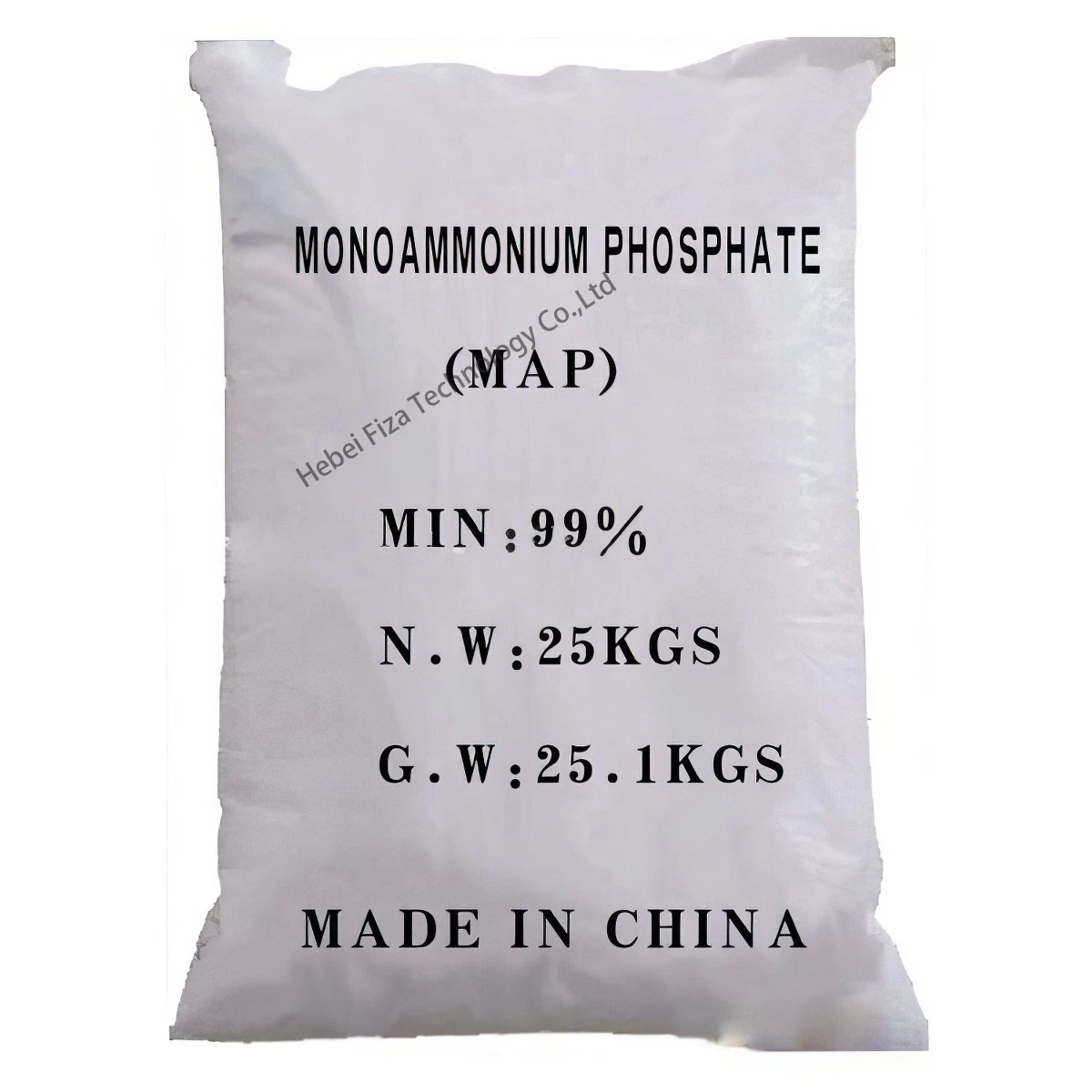



Exploring the Natural Properties and Uses of Potassium Nitrate in Various Environments
The Nature and Applications of Potassium Nitrate (KNO3)
Potassium nitrate, commonly known by its chemical formula KNO3, is an inorganic compound that plays a crucial role in various natural and industrial processes. Found predominantly in arid regions where evaporation rates are high, this ionic salt comprises potassium ions (K+) and nitrate ions (NO3-). Its significance extends far beyond the confines of the laboratory; it impacts agriculture, food preservation, and even the world of fireworks.
Natural Occurrence
Potassium nitrate occurs naturally as a mineral known as niter or saltpeter. It typically crystallizes in the form of white or colorless crystals and is soluble in water. In nature, KNO3 can be found in regions with high levels of organic matter decomposition, as the nitrate ions are produced through the breakdown of nitrogen-containing organic material. This process is vital for soil fertility, as potassium and nitrogen are essential nutrients for plant growth.
Agricultural Significance
One of KNO3’s most notable applications is in agriculture as a fertilizer. Its dual nutrient composition provides essential potassium and nitrogen, both of which are critical for plant growth. Potassium is essential for various physiological processes, including water regulation and enzyme activation, while nitrogen is a key component of chlorophyll, which facilitates photosynthesis. The balanced nutrient profile of KNO3 makes it particularly valuable in high-stress farming environments where quick nutrient uptake is necessary.
Moreover, KNO3 is utilized in fertigation – a method of supplying fertilizers through irrigation systems. This method ensures efficient nutrient delivery, reducing nutrient leaching and enhancing crop yield. Its use has revolutionized modern agriculture, allowing farmers to achieve more consistent and productive results.
Food Preservation
In addition to its agricultural benefits, potassium nitrate has a significant role in the food industry, particularly in the preservation of meats. It acts as a curing agent, inhibiting the growth of harmful bacteria such as Clostridium botulinum, which can cause botulism. When added to cured meats, KNO3 not only enhances flavor but also contributes to the characteristic pink color associated with products like ham and bacon.
kno3 nature

However, the use of potassium nitrate in food has sparked debate regarding safety and health implications. While it is generally recognized as safe when consumed in regulated amounts, excessive consumption can lead to health risks associated with high nitrate levels in the human body, potentially transforming into harmful nitrites. Therefore, regulation and moderation are critical in the use of KNO3 in food preservation.
Industrial Applications
Potassium nitrate also holds a vital place in various industrial processes. One of its most notable uses is in the production of gunpowder; combined with sulfur and charcoal, it creates an explosive mixture that has been employed for centuries in fireworks and military applications. The role of KNO3 as an oxidizer in these mixtures highlights its ability to facilitate combustion, releasing energy and producing light and sound.
Furthermore, KNO3 is used in heat treatment processes, where it functions as a salt bath for hardening metals and in glass-making industries as a flux. Its high solubility and thermal stability make it an excellent component in many industrial formulations.
Environmental Considerations
Despite its benefits, the use of potassium nitrate also brings forth environmental concerns. Runoff from agricultural fields treated with KNO3 can lead to water pollution, resulting in eutrophication of bodies of water, which disrupts aquatic ecosystems. Hence, best management practices in agriculture are crucial to minimize the environmental impact of its application.
Conclusion
In summary, potassium nitrate (KNO3) is a multifaceted compound with essential roles in nature, agriculture, food preservation, and industry. Its benefits are far-reaching, although they come with responsibilities regarding its use and potential environmental impact. As we continue to explore sustainable practices, the challenge lies in maximizing the advantages of KNO3 while minimizing its ecological footprint, ensuring that it serves both humanity and the planet harmoniously.
-
Why Sodium Persulfate Is Everywhere NowNewsJul.07,2025
-
Why Polyacrylamide Is in High DemandNewsJul.07,2025
-
Understanding Paint Chemicals and Their ApplicationsNewsJul.07,2025
-
Smart Use Of Mining ChemicalsNewsJul.07,2025
-
Practical Uses of Potassium MonopersulfateNewsJul.07,2025
-
Agrochemicals In Real FarmingNewsJul.07,2025
-
Sodium Chlorite Hot UsesNewsJul.01,2025










